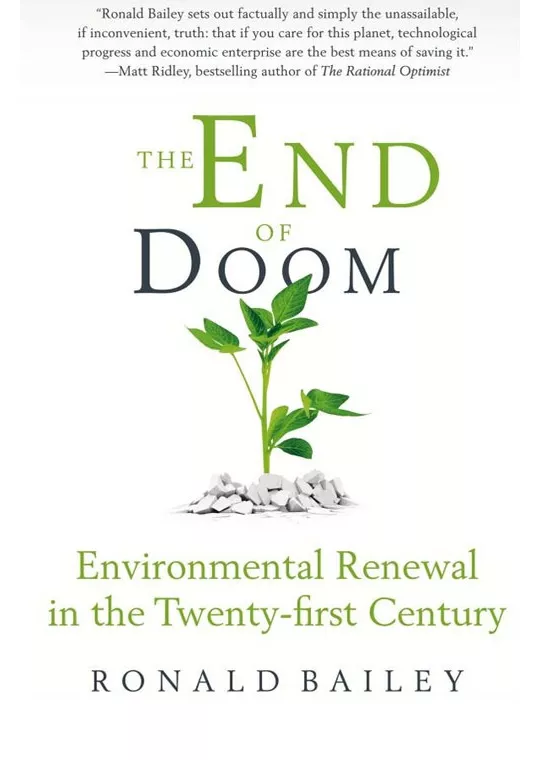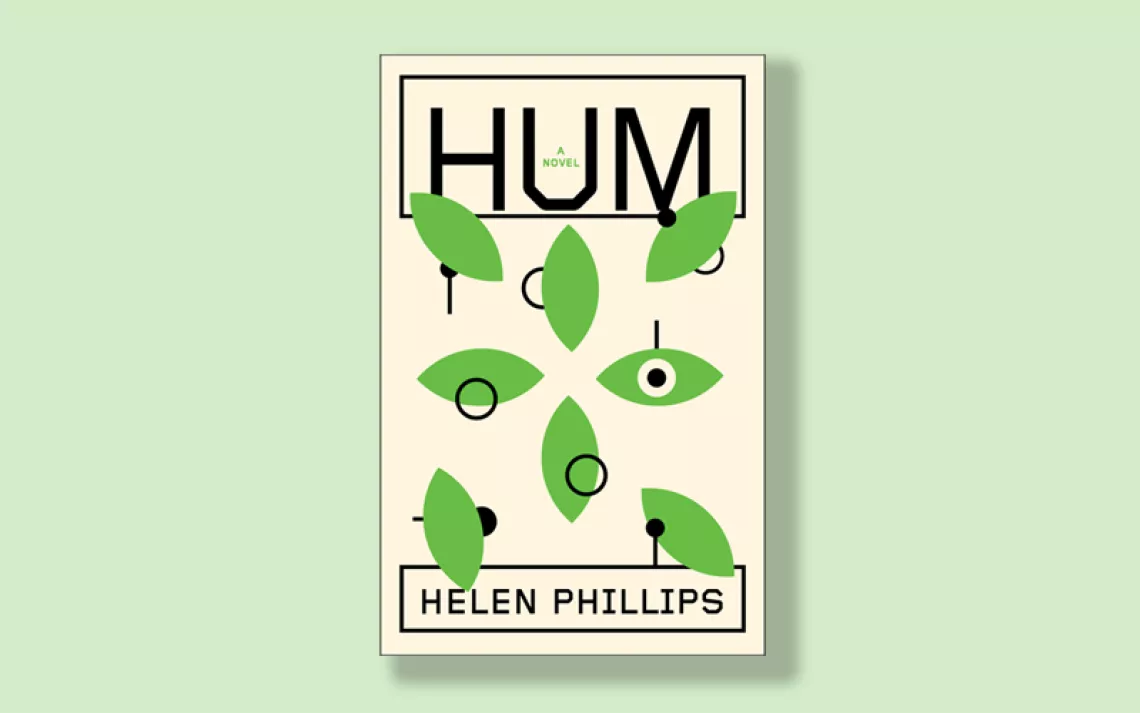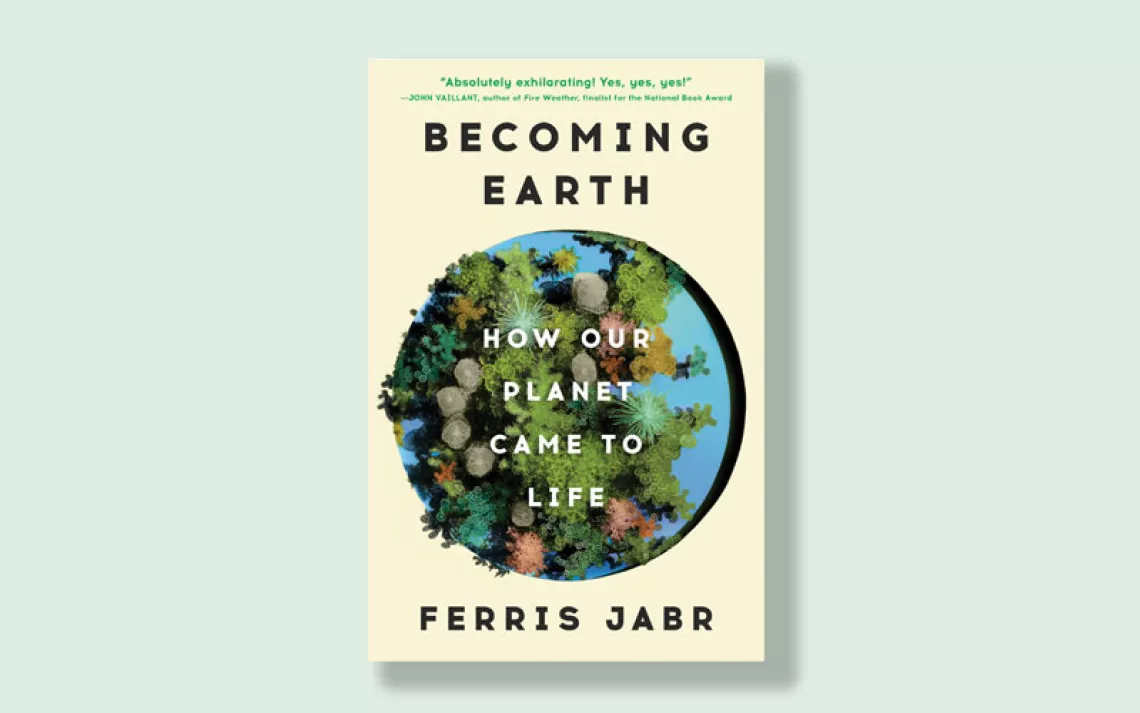Does "The End of Doom" Have the Solution to Climate Change?

The End of Doom by Ronald Bailey, Thomas Dunne Books (June, 2015)
The main conceit of Ronald Bailey’s book The End of Doom is a comforting one: the earth is on a self-correcting trajectory, and instead of drastically changing course to save the planet, humans must simply allow innovation to flourish.
Bailey claims that our tendency to believe bad news rather than good, as well as the politicization of environmental issues, has led to a widespread ‘alarmist’ attitude about the state of the world. But his argument doesn’t seem to hold. Positing that the legions of environmental activists and scientists who warn against unrestrained growth are doing so simply to “transform the world’s economy into some kind of post-capitalist utopia” reads as shallow and discounts the overwhelming amount of peer-reviewed science done in good faith.
It is refreshing to read about positive trends that bode well for the future of humanity, such as the mass migration to cities (“the most environmentally benign human settlement”), or the potential for self-driving cars to significantly reduce the amount of vehicles globally. Nevertheless, we get the sense that Bailey is ignoring a whole lot of bad in order to highlight the good.
The book is overly packed with studies and statistics. Bailey’s research was clearly exhaustive, but his writing sometimes feels like a composite of other people’s arguments. It would have helped to have occasionally rooted his prognostications in something real—a struggling rural farmer, a sub-Saharan African village that’s running out of firewood, or a single mother struggling to feed her family healthy food— and to have applied his optimism to the challenges that people are already experiencing in the face of climate change, rather than musing about the year 2100.
Bailey doesn’t go so far as to say that rising temperatures aren't a worry, but his message is that “the solution to future climate change is the same as for other environmental problems—the application of human ingenuity and technology” fostered by free market capitalism. While the book doesn’t entirely convince us of that, we can only hope, to some degree, he is right.
 The Magazine of The Sierra Club
The Magazine of The Sierra Club



